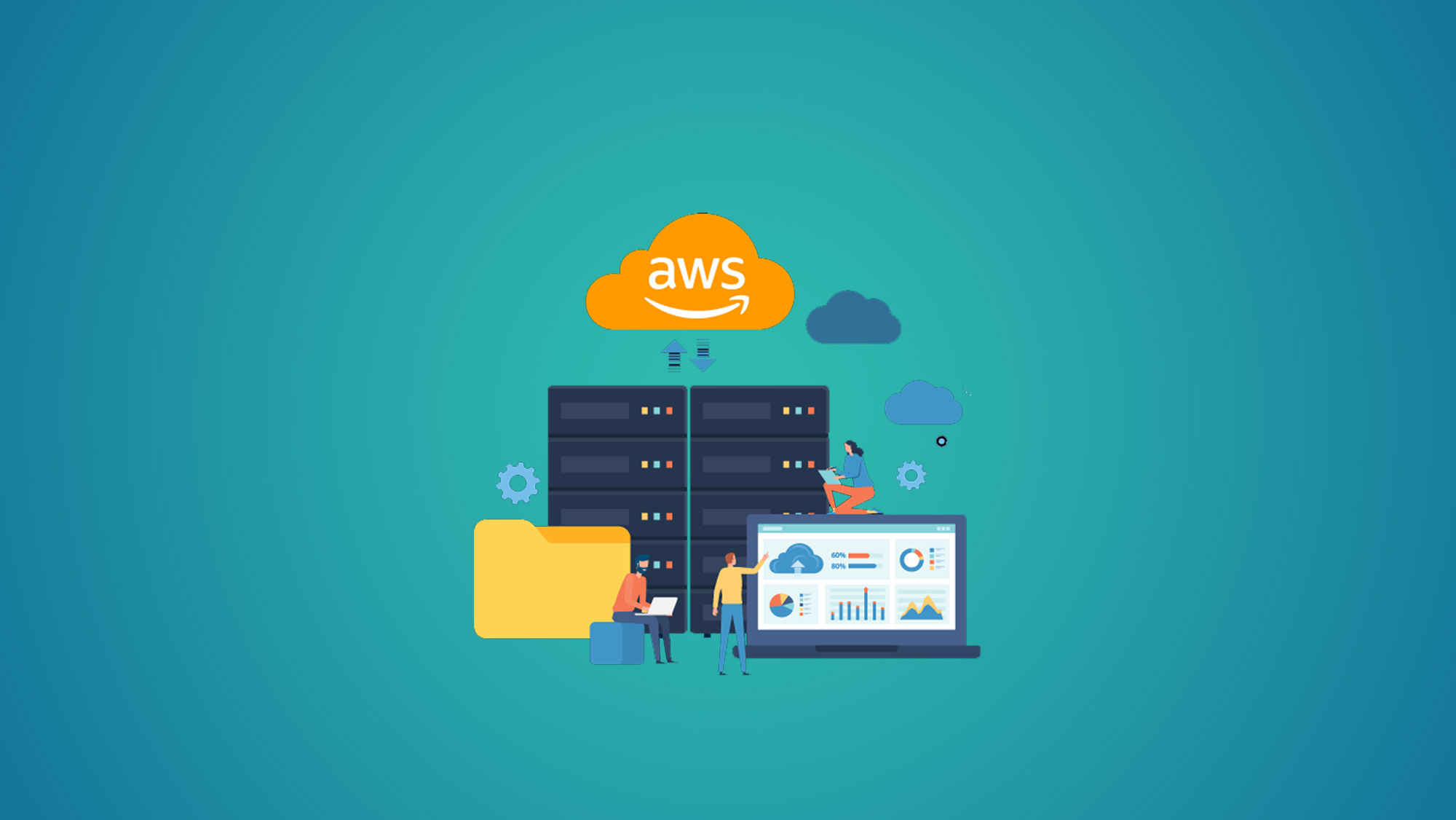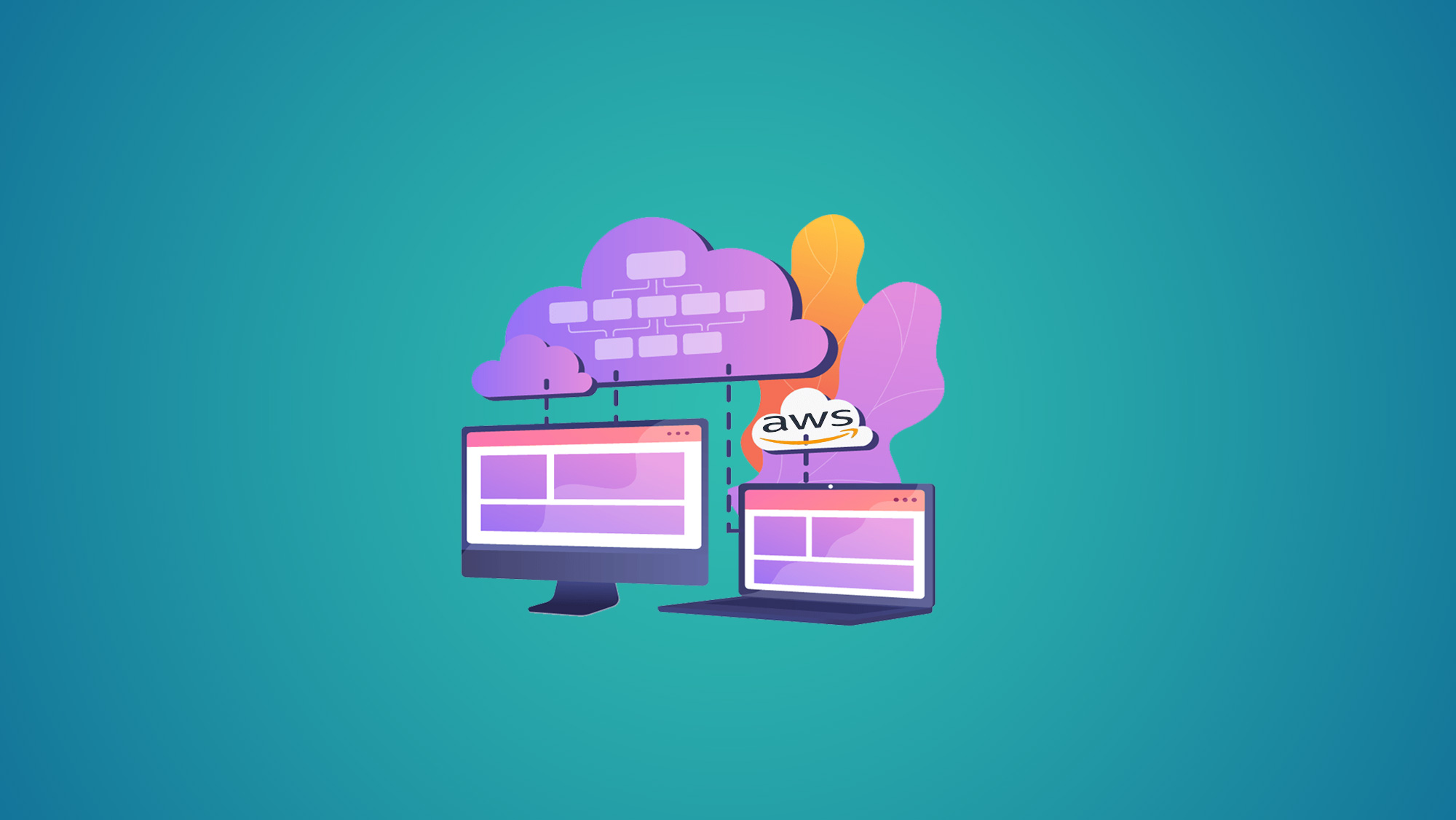Driving Innovation: Enhance Your Skills with AWS Development Training
Introduction:
In today's rapidly evolving digital landscape, cloud computing has become a driving force behind innovation and scalability. Among the leading cloud service providers, Amazon Web Services (AWS) stands out as a dominant player, offering a comprehensive suite of services and tools for businesses and developers. AWS provides a robust platform for developing, deploying, and managing applications in the cloud. To fully harness the potential of AWS and stay ahead in the competitive market, it is crucial to enhance your skills through AWS development training.
1. Unlocking the Power of AWS Development:
AWS development training empowers you to leverage the full potential of cloud computing for your applications. You will gain a deep understanding of AWS services and learn how to design, build, and deploy scalable and reliable applications using AWS tools and technologies.
2. Mastering the Core Concepts:
AWS development training covers essential topics such as infrastructure as code, serverless computing, containerization, database management, security, and more. You will learn how to architect cloud solutions, optimize application performance, and effectively utilize AWS services to meet your specific requirements.
3. Hands-On Learning and Real-World Applications:
A good AWS development training program provides hands-on learning experiences, including practical exercises, labs, and projects. These activities allow you to apply your knowledge in real-world scenarios, giving you the confidence and expertise to tackle complex development challenges.
4. Keeping Pace with Industry Trends:
AWS continuously introduces new services and updates existing ones to meet the evolving needs of businesses. Through training, you stay updated with the latest AWS offerings and best practices. This ensures you are equipped with the knowledge to implement cutting-edge solutions and stay ahead in the competitive landscape.
5. Advancing Your Career Opportunities:
AWS is widely adopted by organizations across industries, creating a high demand for skilled AWS developers. By acquiring AWS development skills through training, you enhance your career prospects and open doors to a wide range of opportunities. AWS certifications further validate your expertise and can boost your credibility in the job market.
6. Building Scalable and Resilient Applications:
With AWS development training, you learn how to design and implement highly scalable and resilient applications. You will understand how to leverage AWS services such as Amazon EC2, AWS Lambda, Amazon S3, Amazon RDS, and more to build robust and flexible solutions that can handle high traffic and ensure high availability.
7. Enhancing Collaboration and Efficiency:
AWS offers collaborative tools and services that enable teams to work together seamlessly and efficiently. Through training, you will explore tools like AWS CloudFormation, AWS CodeCommit, AWS CodePipeline, and AWS CodeDeploy, which facilitate version control, continuous integration, and deployment automation, leading to improved collaboration and streamlined development workflows.
8. Security and Compliance:
Security is a paramount concern in cloud computing. AWS provides a wide range of security services and features to protect your applications and data. By undergoing AWS development training, you will gain insights into security best practices and learn how to implement robust security measures, ensuring the integrity and confidentiality of your applications.
Conclusion:
AWS development training equips you with the knowledge and skills needed to drive innovation, enhance your career, and stay at the forefront of cloud computing. Whether you are a developer, architect, or IT professional, embracing AWS development training will enable you to leverage the vast capabilities of AWS, build scalable and resilient applications, and contribute to the digital transformation of businesses. Embrace AWS development training to unlock the full potential of cloud computing and propel your career to new heights.
You May Also Like
These Related Stories

Mastering AWS Development: Unlocking the Power of Cloud Computing

Everything You Need To Know About Developing on AWS Training




No Comments Yet
Let us know what you think